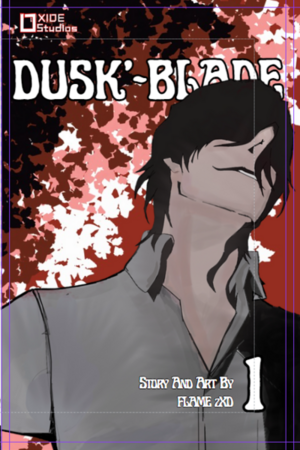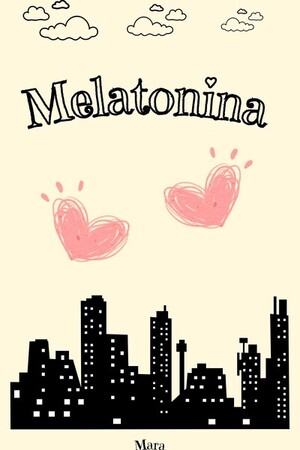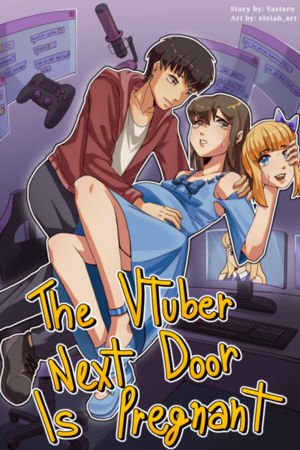Chapter 7:
The Ruins Of Zacra
DUSK BLADE
The sigil inscribed upon my palm had not diminished; rather, it persisted with a low, rhythmic pulse, as though echoing an additional, sinister heartbeat. Its presence was not confined to flesh — it emanated from something beyond biology, something preternatural. Each blink summoned her visage: the mimic, that grotesque simulacrum of familiarity, smirking beneath a hemorrhaging sky, surrounded by ruins that whispered of entropy and ancient malice.
Her voice had surpassed the realm of memory. It had become a directive.
It repeated a singular name with obsessive insistence:
Zacra.
Upon divulging this to Celis the following morning, she offered neither ridicule nor incredulity. Her gaze, cool and contemplative, remained on me for a long, motionless interval, before she spoke: “I’ll go with you.”
No protest. No disbelief. Only certainty.
And so, our departure was quiet, but resolute.
The path to Zacra was an elegy to decay. Cracked hills and desiccated pastures bordered our journey, while low fog slithered between the skeletal remnants of trees like a sentient wraith. The air bore a triptych of rot: mildew, oxidized blood, and char. It was as if the terrain bore witness to some unspeakable atrocity and had never truly recovered.
The sky had been bled of its cerulean dignity. In its place, a tapestry of sullen greys and corroded reds filtered the sun’s descent, casting the world in bruised rust. Our shadows dragged behind us like blood trails.
As we passed by derelict watchposts and stone obelisks subsumed by nature’s disrepair, an uncanny stillness enveloped us — not the silence of peace, but the quiet of expectation, as though reality itself awaited a conclusion it feared.
Celis remained largely taciturn, though her vigilance betrayed a soldier’s anxiety. Her hand seldom left the proximity of her blade.
On the second day, amidst a corridor of warped and gnarled trees, I breached the silence.
“What lies beneath that ruin?” I asked.
“What is it that demands such secrecy?”
Celis’s response was immediate but dispassionate.
“The Ruins of Zacra house one of the Seven. The most profane among them.”
“The Seven?”
She turned her head then, the weight of her words dragging the air down around us.
“The Seven Cursed Blades. Artifacts birthed in the aftermath of the First Calamity. Not weapons, but entities. They do not merely kill — they feast. Their forges were not tempered by mortal flame but by grief, madness, and blood.”
]
An involuntary shiver arced down my spine.
“The one here,”
she continued,
“is known as the Blade That Carves for Blood — the Thirsting Fang. It demands death. Deny it long enough, and it weeps. Its edge has never dulled. It was born perfect... and monstrous.”
I struggled to steady my breath.
“And someone sealed it away?”
She gave a slow nod.
“More than sealed. It is the key. The fang is what keeps the Door of Calamity closed. The ancients feared what lies beyond it more than death itself. The modern kingdom believes it can extract the blade without consequence. Use it. Command it.”
“And has anyone managed that?”
“No one. Every incursion has ended in silence. Wanderers. Reapers. Even Royal Guards. None have returned.”
A deeper horror took root in me then — not just at the blade itself, but at the audacity of those who would try to subdue it.
We arrived at the city gates of Zacra on the third day.
The tension was immediate and suffocating, like walking beneath a sky that threatened to collapse. The city was a monument to fear.
Guards posted along the perimeter stood unnervingly still. Their expressions were carved in dread. The marketplace, typically a cacophony of voices and clamor, was reduced to a hushed dirge. Merchants sheltered their wares, casting suspicious glances from beneath ragged canopies. No laughter echoed. No children wandered. Doors swung open not for welcome, but for wind alone.
Every window watched us.
Then we saw the cart.
Dilapidated. Splintering. Stationary in the center of the plaza, it rested on uneven wheels lodged deep in mud. The horse that had drawn it stood trembling, ribs visible beneath a coat of sweat and dried gore. There were no reins.
And atop the cart — bodies.
A dozen, perhaps more. Slumped atop one another in grotesque repose. Their armor, though ravaged by fire and blade, bore unmistakable insignias: the royal seal, the crest of the Wanderers.
I halted, breath caught somewhere between disbelief and dread.
Celis did not. She stepped in front of me, her stance now protective. But I had already seen it.
Amid the corpses, nestled between two hollowed chests, lay a scroll. Its parchment saturated with blood, its wax seal sundered and bleeding.
I approached.
Celis seized my wrist with a grip forged from discipline and fear.
“Do not touch it.”
Her voice was devoid of softness — it was the voice of law.
“That is Kingdom intelligence. That cart is a message. A warning. If the court believes we’ve interacted with it, we’ll be branded as dissidents. Worse.”
I tried to speak. To protest.
“No,” she cut in sharply. “We walk. Now.”
I relented. But the image was seared into me, indelible.
We exited the square without further glance.
Silence stalked us, growing colder as we pushed eastward. Buildings gave way to wilderness. To brambles and knotted crags. The path narrowed. The air changed. The copper scent receded, replaced by the musk of aged stone and something unidentifiable — something ancient.
We approached the outskirts.
Beyond the final hill, the ruin awaited.
And beneath its fractured bones...
The true architect of my summons stirred in the dark.




Please sign in to leave a comment.